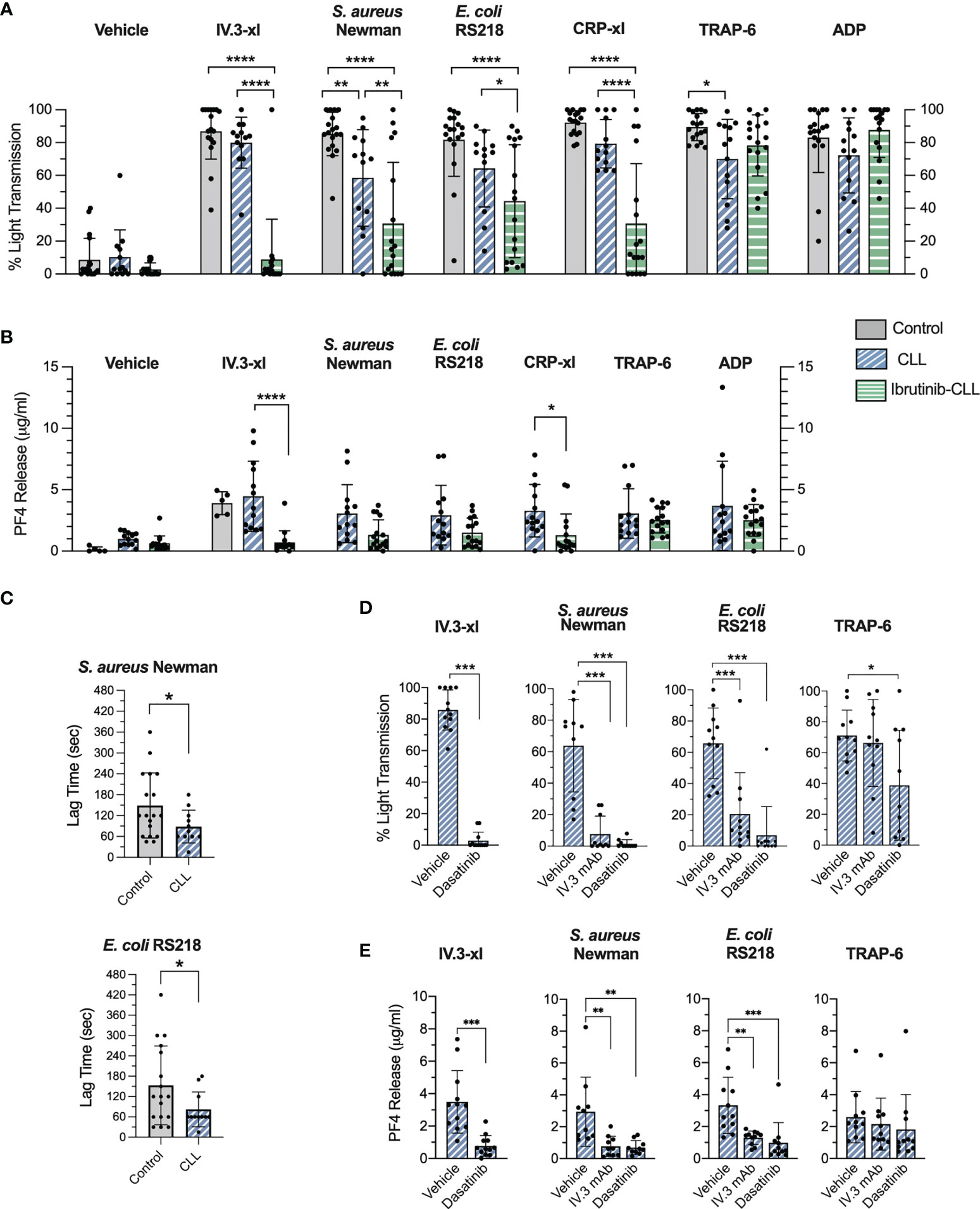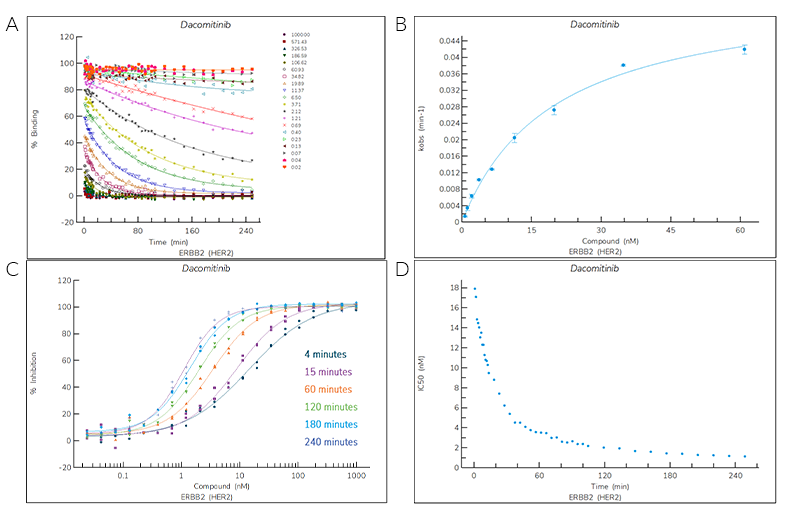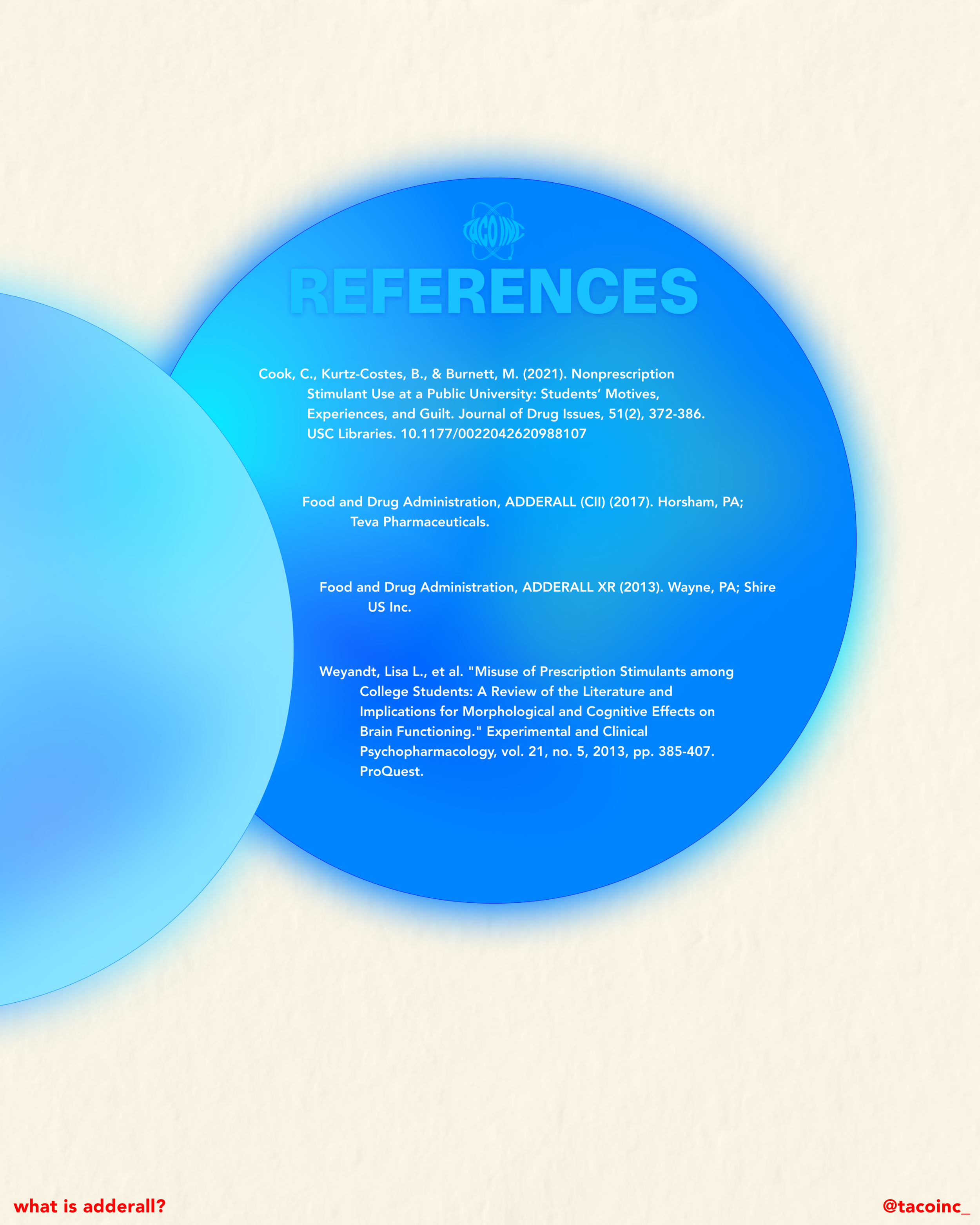Relative Selectivity of Covalent Inhibitors Requires Assessment of Inactivation Kinetics and Cellular Occupancy: A Case Study of Ibrutinib and Acalabrutinib
Por um escritor misterioso
Last updated 24 abril 2025


Discovery of Branebrutinib (BMS-986195): A Strategy for Identifying a Highly Potent and Selective Covalent Inhibitor Providing Rapid in Vivo Inactivation of Bruton's Tyrosine Kinase (BTK)

Frontiers Bruton's Tyrosine Kinase Inhibitors Impair FcγRIIA-Driven Platelet Responses to Bacteria in Chronic Lymphocytic Leukemia

Kinetic mechanisms of covalent inhibition - ScienceDirect

A Perspective on the Kinetics of Covalent and Irreversible Inhibition

Case Study - COVALfinder to Study Irreversible EGFR Drugs

Proteomics and Beyond: Cell Decision-Making Shaped by Reactive Electrophiles: Trends in Biochemical Sciences

BTK inhibitors in the treatment of hematological malignancies and inflammatory diseases: mechanisms and clinical studies, Journal of Hematology & Oncology
Btk turnover in Ramos cells. Target occupancy as a function of time

Structure-Function Relationships of Covalent and Non-Covalent BTK Inhibitors. - Abstract - Europe PMC
Recomendado para você
-
 Fluid transport in the brain24 abril 2025
Fluid transport in the brain24 abril 2025 -
 372 Brain Teaser Competition Royalty-Free Images, Stock Photos & Pictures24 abril 2025
372 Brain Teaser Competition Royalty-Free Images, Stock Photos & Pictures24 abril 2025 -
 Studies test lifestyle changes to avert dementia24 abril 2025
Studies test lifestyle changes to avert dementia24 abril 2025 -
 We've Got News for You About Supercharging Your Brain - Nautilus24 abril 2025
We've Got News for You About Supercharging Your Brain - Nautilus24 abril 2025 -
 What is Adderall? — TACO Inc24 abril 2025
What is Adderall? — TACO Inc24 abril 2025 -
 PDF) Diurnal oscillations of MRI metrics in the brains of male participants24 abril 2025
PDF) Diurnal oscillations of MRI metrics in the brains of male participants24 abril 2025 -
 Microbiota‐gut‐brain axis as a regulator of reward processes - García‐Cabrerizo - 2021 - Journal of Neurochemistry - Wiley Online Library24 abril 2025
Microbiota‐gut‐brain axis as a regulator of reward processes - García‐Cabrerizo - 2021 - Journal of Neurochemistry - Wiley Online Library24 abril 2025 -
 Vessel Part 1-(page 1&2)24 abril 2025
Vessel Part 1-(page 1&2)24 abril 2025 -
Quest Diagnostics launches Alzheimer's first direct-to-consumer blood test24 abril 2025
-
 Aesthetics lead retrofit of brain research clinic - Construction Specifier24 abril 2025
Aesthetics lead retrofit of brain research clinic - Construction Specifier24 abril 2025
você pode gostar
-
 Sonic 3 APK Mod 1.1 Baixar grátis para Android - Atualizar 202324 abril 2025
Sonic 3 APK Mod 1.1 Baixar grátis para Android - Atualizar 202324 abril 2025 -
 img1.ak.crunchyroll.com/i/spire4-tmb/9b14d7a844f1224 abril 2025
img1.ak.crunchyroll.com/i/spire4-tmb/9b14d7a844f1224 abril 2025 -
 Game of Thrones' Reminds Us to Never Underestimate a Girl24 abril 2025
Game of Thrones' Reminds Us to Never Underestimate a Girl24 abril 2025 -
 zen buu - dragonball multiverse Fan Art (34956306) - Fanpop24 abril 2025
zen buu - dragonball multiverse Fan Art (34956306) - Fanpop24 abril 2025 -
 Highschool Of The Dead : r/anime24 abril 2025
Highschool Of The Dead : r/anime24 abril 2025 -
 Let's play Slendytubbies 3 (Sandbox mode) - The trio friends and24 abril 2025
Let's play Slendytubbies 3 (Sandbox mode) - The trio friends and24 abril 2025 -
 Choice Specs Alakazam! Pokemon Sun and Moon OU Showdown Live W/OPJellicent (Smogon OU Team)24 abril 2025
Choice Specs Alakazam! Pokemon Sun and Moon OU Showdown Live W/OPJellicent (Smogon OU Team)24 abril 2025 -
 Mega Sniper Rifle, Ranger Series, 3D Printed BEAST24 abril 2025
Mega Sniper Rifle, Ranger Series, 3D Printed BEAST24 abril 2025 -
 Kyoukai no Kanata Episode 2 Discussion - Forums24 abril 2025
Kyoukai no Kanata Episode 2 Discussion - Forums24 abril 2025 -
 Sonic Frontiers Has an Impressive New Overview Trailer – GameSpew24 abril 2025
Sonic Frontiers Has an Impressive New Overview Trailer – GameSpew24 abril 2025
